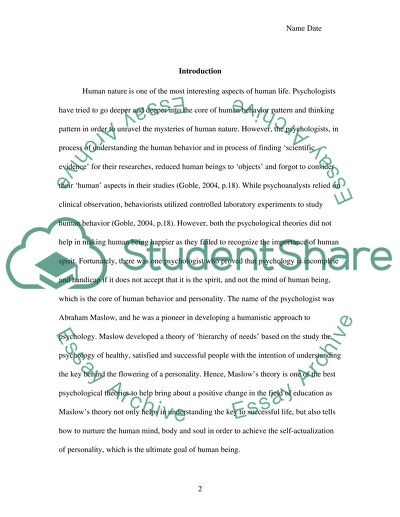Cite this document
(“Self-Actualization: The Core Objective Of Education Research Paper”, n.d.)
Self-Actualization: The Core Objective Of Education Research Paper. Retrieved from https://studentshare.org/psychology/1435102-self-actualization-the-core-objective-of-education
Self-Actualization: The Core Objective Of Education Research Paper. Retrieved from https://studentshare.org/psychology/1435102-self-actualization-the-core-objective-of-education
(Self-Actualization: The Core Objective Of Education Research Paper)
Self-Actualization: The Core Objective Of Education Research Paper. https://studentshare.org/psychology/1435102-self-actualization-the-core-objective-of-education.
Self-Actualization: The Core Objective Of Education Research Paper. https://studentshare.org/psychology/1435102-self-actualization-the-core-objective-of-education.
“Self-Actualization: The Core Objective Of Education Research Paper”, n.d. https://studentshare.org/psychology/1435102-self-actualization-the-core-objective-of-education.


